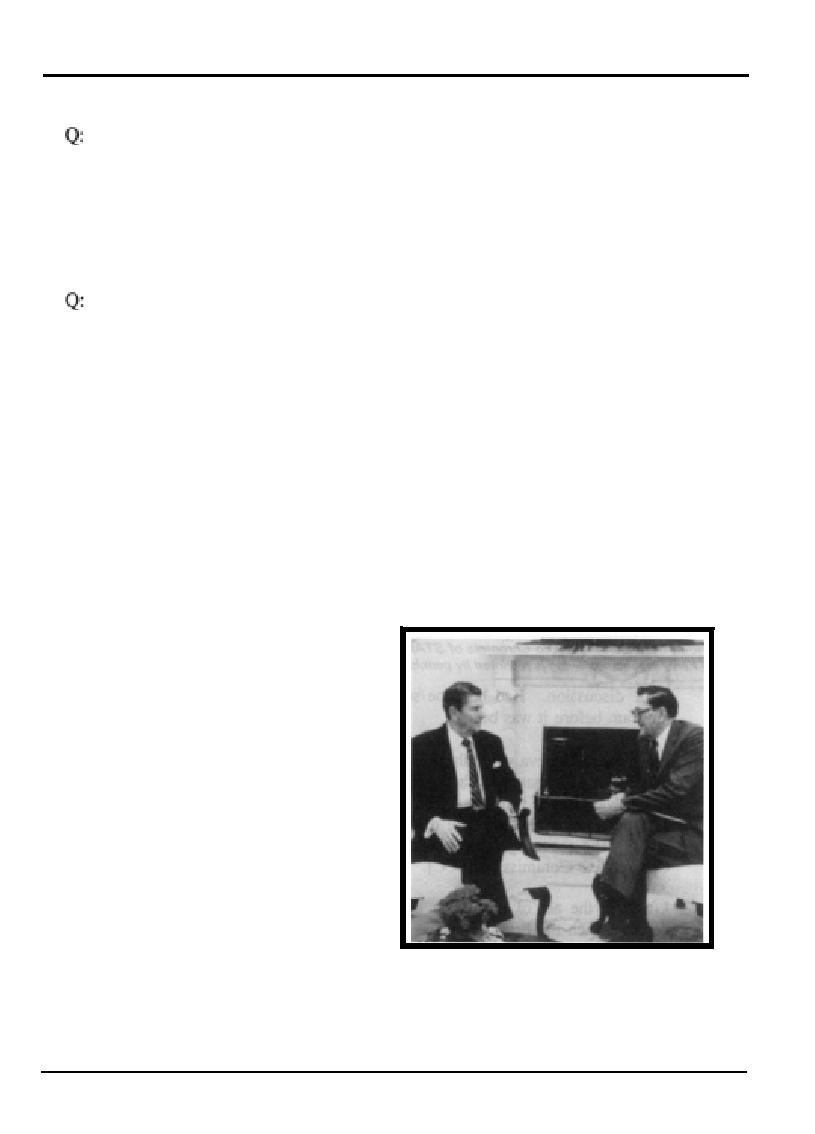
Edward L. Rowny
Have you been able to improve your Russian language capability over the years?
Yes. Once I was assigned the job of negotiating with the Soviets, I took an intense
A:
course of instruction at Berlitz, known as their total immersion course. That
helped considerably. Then I continued to devote an hour a day to studying
Russian. Moreover, I tried to exercise it whenever I could when I met Russians.
As a result my fluency improved over time.
What happened in Geneva between the time you began negotiating and when the
Soviets broke off negotiations in 1984?
Our original plan to proceed in two steps was not well received by the Soviets. We
A:
said it was important to first reduce the ballistic threat and only after this was
agreed would we talk about reducing bombers and cruise missiles. To us, this
seemed a logical way to proceed. But from the outset the Soviets resisted our plan.
They felt we were trying to limit them since they had the advantage in the ballistic
missiles field and not limit ourselves in bomber and cruise missile fields where we
had the advantage. All our talk about how this was an orderly way to proceed fell
on deaf ears.
I want to digress to talk about an interesting milestone that occurred during these
negotiations. That was the famous speech in March 1983 in which the President
laid out his guidelines for what is now known as the strategic defense initiative.
You recall that from my earliest
talks with the President he felt we
should build up our strategic
defenses so there would be a
balance between defensive and
offensive forces.
There was not much prior
information about what the President
was about to do and it came as a
surprise when he made his SDI
speech. Secretary Haig told me
later he felt that the matter had not
been discussed sufficiently with the
principals involved. I sided with the
President's decision that he should
Edward Rowny
with
President
Ronald
outline his vision and call for
Reagan, 19 December 1984.
strategic defense without a lot of
145



 Previous Page
Previous Page
